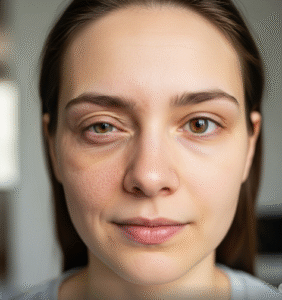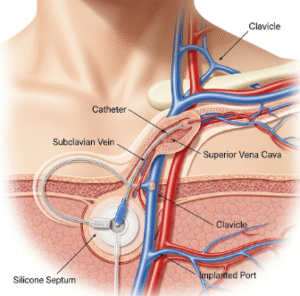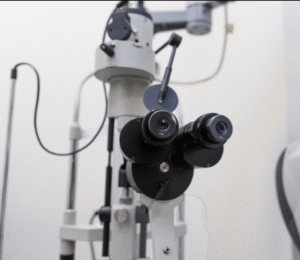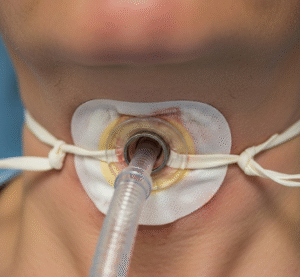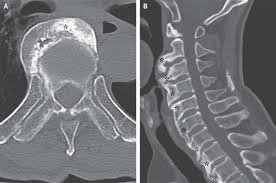Overview
Scurvy is a disease caused by a deficiency of vitamin C (ascorbic acid), which is essential for collagen synthesis and various metabolic functions. Though rare in modern developed countries like Korea, scurvy can still occur in people with poor nutrition, certain medical conditions, or malabsorption issues. Early diagnosis and treatment can completely reverse symptoms.
What is Scurvy?
Scurvy results from a prolonged lack of vitamin C, leading to defective collagen production. Collagen is vital for maintaining the integrity of skin, blood vessels, bones, and connective tissues. Without enough vitamin C, symptoms like bleeding gums, bruising, and impaired wound healing develop.
Symptoms
Common symptoms of scurvy include:
- Fatigue and weakness
- Swollen, bleeding gums and loose teeth
- Easy bruising and petechiae (small red or purple spots)
- Joint pain and swelling
- Poor wound healing and infections
- Anemia
- Corkscrew hairs and dry, rough skin
- In severe cases, internal bleeding and organ damage
Causes
- Inadequate dietary intake of vitamin C (fruits and vegetables)
- Malabsorption disorders (e.g., Crohn’s disease, celiac disease)
- Alcoholism and substance abuse
- Smoking, which decreases vitamin C levels
- Certain medical conditions affecting metabolism or nutrient absorption
Risk Factors
- Elderly individuals with limited diets
- People with mental health disorders or poor self-care
- Patients with gastrointestinal diseases causing malabsorption
- Smokers and heavy alcohol consumers
- Strict fad diets or food insecurity
Complications
- Severe bleeding and anemia
- Infection due to poor wound healing
- Tooth loss and gum disease
- Bone pain and fractures
- Potentially fatal if untreated
Prevention
- Consuming a balanced diet rich in vitamin C sources (citrus fruits, berries, peppers, leafy greens)
- Vitamin C supplementation when diet is insufficient
- Addressing underlying conditions that impair absorption
- Avoiding smoking and excessive alcohol use
Treatment Options in Korea
Korea offers effective diagnosis and treatment of scurvy through healthcare providers, nutritional counseling, and supplementation programs.
- Diagnosis
- Clinical evaluation based on symptoms and dietary history
- Blood tests measuring vitamin C levels
- Assessment for underlying causes of deficiency
- Vitamin C Supplementation
- Oral vitamin C tablets or powders administered daily
- High-dose vitamin C given in severe cases under medical supervision
- Nutritional Support
- Dietitian-led counseling to ensure adequate intake of vitamin C-rich foods
- Meal planning and education, especially for elderly or at-risk populations
- Monitoring and Follow-Up
- Regular assessment to track symptom improvement and nutritional status
- Managing coexisting health conditions contributing to deficiency



